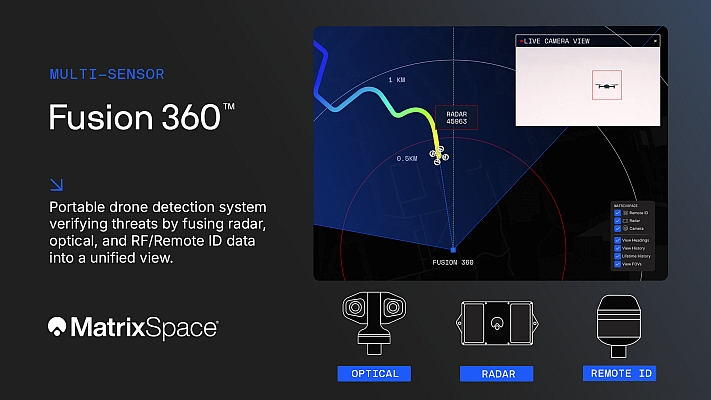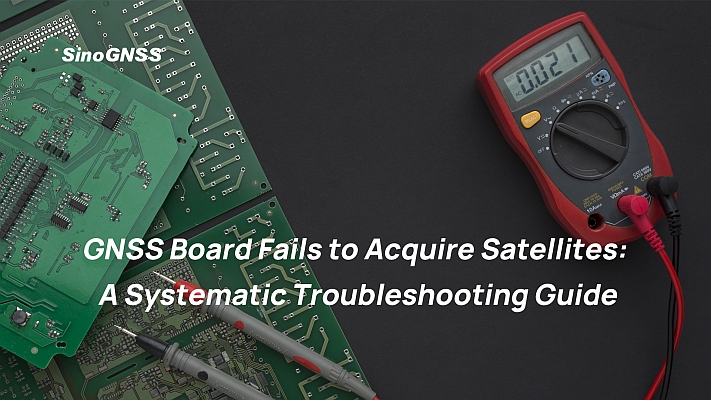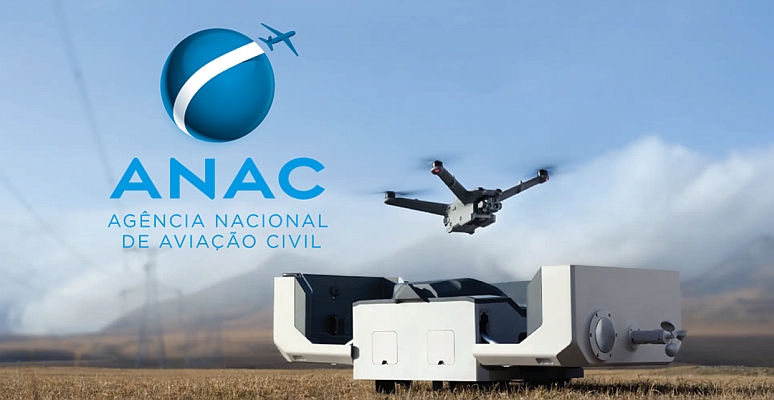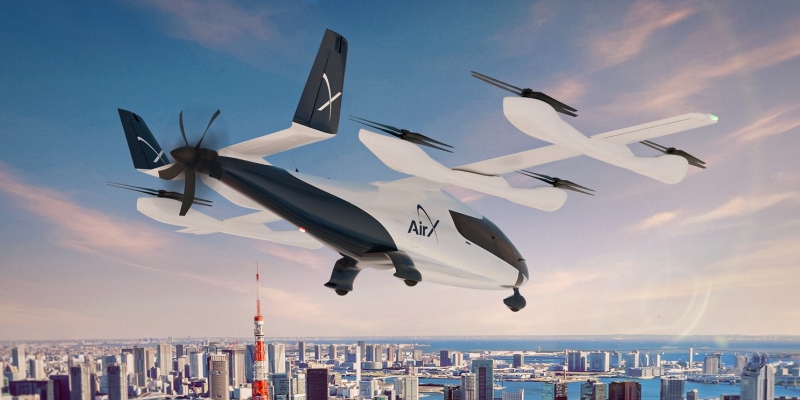The Galileo Master prize for 2009 has been awarded to Jose Caro Ramon for his use of satellite navigation to increase the effectiveness of rescue dogs searching for survivors after natural disasters. The ESA prize went to Tim Springer for his idea of centimetre-level satnav positioning in near-realtime.
The European Satellite Navigation Competition covers 18 partner regions that reward innovative applications of satellite navigation. The best idea is awarded the grand prize: Galileo Master. Other prizes are awarded by ESA, T-System, DLR, GSA, NAVTEQ, SatNav, GMES and the city of Madrid.
Satellites help search and rescue
The Grand Master winner, Osmografo, is a simple, yet powerful prototype tool to support canine search and rescue. Following building collapses in events such as earthquakes, dogs are often used to find victims under the rubble. By tracking the dogs via satnav receivers on their collars, Osmografo reveals the areas still to be searched, increasing the odds of finding people still alive.’
At the moment, Mr Caro Ramon uses GPS with the European Geostationary Navigation Overlay System but in the future he plans to call on the European Galileo system. For Osmografo, he received the coveted Galileo Masters 2009 award and a cash prize of euros 20 000, with a 6-month incubation project to develop his idea from prototype to a commercial system. He also won Madrid’s ‘Support for Life’ prize and is the regional winner of Madrid.
ESA’s Technology Transfer prize
The winner of ESA’s Technology Transfer prize is Tim Springer, with his proposal for identifying positions in real time with centimetre-accuracy. He is also the regional winner of Hesse, Germany.
Today’s GPS, Glonass and EGNOS – and eventually Europe’s Galileo satellites – all provide navigation data that can be combined in a receiver to yield an accuracy of 2 cm. But, so far, this has not been possible in real time.
Tim Springer’s software provides the higher accuracy in near-realtime. He now aims to offer it to wide range of commercial users, such as the oil and gas industry, and for seismic early-warning systems.
Springer will establish his company at the ESA Business Incubation Centre in Darmstadt, Germany.






